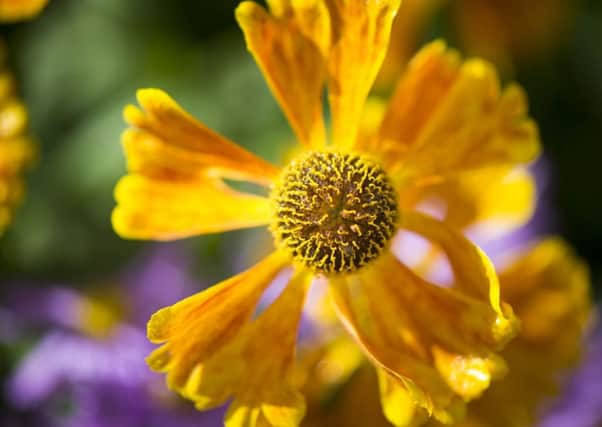Plant report reveals climate survivors and future foods


It states: “A detailed knowledge of plants is fundamental to human life on earth.
“Plants underpin all aspects of our everyday life – from the food that we eat, to the clothes that we wear, the materials we use, the air we breathe, the medicines we take and much more. These essential services provided by plants are far too often taken for granted.”
Advertisement
Hide AdAdvertisement
Hide AdData collected in the report reveals why some plants are more at risk than others to global threats such as climate change, pests and diseases.
It contains previously unseen data on patterns affecting plants in different regions and identifies potential food crops of the future.
This year for the first time the report brings together a list of nearly 30,000 plants with recognised medicinal properties.
These include nine new species of a climbing vine used to treat Parkinson’s disease.
A total of 1,730 newly discovered plants have been recognised in the past 12 months.
Among them are five new species of manihot from Brazil. It’s hoped these can be used to improve current crops, creating hardier varieties.
Other discoveries include seven new species of Aspalathus or Redbush, the ingredient in South African rooibos tea, and a previously unknown parsnip from Turkey.
New specimens of popular garden plants are also documented – including 29 begonias, mainly from Malaysia.
Advertisement
Hide AdAdvertisement
Hide AdThe report also reveals that 225 plants have now had their genomes sequenced, a jump of more than 60 per cent in the past year alone.
It highlights how modern technology is helping to speed the discovery and classification of plants that could be crucial in feeding the growing worldwide population.
There is a section on plant health, which warns that world agriculture faces an annual bill exceeding £400 billion if the spread of invasive pests and pathogens is not stopped.
Experts at Kew believe the publication can help guide future conservation action and steps to safeguard food.
“It’s an exciting time to be drilling into data on the plant world,” said Professor Kathy Willis, director of science at the gardens.
“Plants are the foundation of the world’s ecosystems and hold the potential to tackle some of our most pressing issues as we try to strike a delicate balance between our needs and those of the natural world.”
“We’ve tried to make sure that this year’s State of the World’s Plants report goes beyond the numbers to look at the natural capital of plants –how they are relevant and valuable to all aspects of our lives.
“From the technological advances allowing us to unravel the mysteries of plants to the detailed study of their characteristics – molecular to morphological – we are able to get a better picture than ever before of what we have that is valuable and what is most vulnerable.
“I hope this will enable us to have a global conversation about what we need to protect and conserve.”